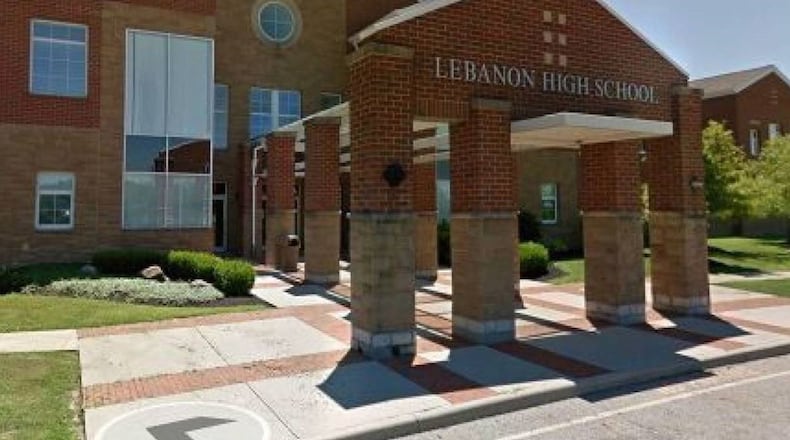The district currently has three emergency levies that can generate no more than $12.2 million a year for operating expenses but have different expiration dates.
- A 3.45-mill, three-year emergency levy that generates $4.2 million a year that was approved in 2020 and expires in 2022.
- A 2.5-mill, five-year emergency levy that generates $3 million a year that was approved in 2021 and expires in 2025.
- A 3.98-mill, four-year emergency levy that generates $5 million a year that was approved in 2019 and expires in 2022.
Superintendent Isaac Seevers said the proposal by the school board is to combine the three emergency levies that will continue to generate the $12.2 million with a substitute levy that will also allow the district to capitalize on the future growth that is projected for the Lebanon area.
As new development projects have been announced and are in the early phases, Seevers said the district is projecting 500 to 1,000 new students over the next 10 years.
Seevers said the district has relied on passing emergency levies which range for three to five years and is limited to a specific dollar amount of taxes collected. It does not allow new development dollars to benefit the current taxpayers or the school district with additional funds from the growth.
He said a substitute levy allows multiple emergency levies to be combined for a specific dollar amount and the ability to capture additional tax dollars through new growth such as a new subdivision or industrial/commercial development. These levies can be voted for five or 10 years or for a continuing or permanent amount of time.
Seevers also pointed out that the substitute levy will not increase taxes for current residents and will generate the same revenue as the three emergency levies have raised.
“This will allow us to push out the need for new money,” he said. “This is a win-win for the district as we prepare for development.”
Discussions on proposing this levy have been ongoing for several months. District officials have met with Warren County Auditor Matt Nolan as well as the community’s audit and business committees. Seevers said it was recommended to place a 10-year issue on the ballot, rather than a permanent levy.
“Voters want to be able to say ‘yes or no’ on ballot issues,” he said.
Seevers said the board is going to the voters a year in advance to combine these levies and said the district is operating above its minimum cash balance. However, if the proposed ballot issue does not pass, he said the district “will see significant cuts.”
District voters will also see a renewal request of the two-mill, five-year permanent improvements levy in November 2023. That levy generates about $1.3 million for building and other improvements in the district that are not operating expenses.
Property taxes make up 56% of the Lebanon district’s general fund revenue to operate, according to the district.
About the Author

